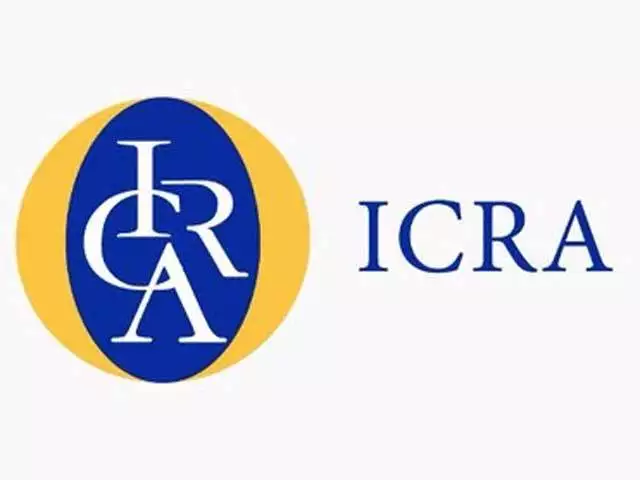Over the next five years, the InvITs (Infrastructure Investment Trusts) pipeline is estimated at a robust Rs 2 lakh crore (including Rs 80,000 crore in next one year itself), an ICRA study on the sector said on Tuesday.
Assets from roads, telecom fibre, and power transmission and generation are expected to be on the block, the report said, adding that the National Highway Authority of India (NHAI) InvIT would be most keenly watched given its size and track record of operational toll road projects.
“However, for InvITs to succeed a conducive regime is the key and much would depend on regulatory and tax regime,” the rating agency said.
Till date, Rs 22,000 crore have been raised from the investors through InvITs, while another Rs 32,500 crore is in advanced stages. Tower Infrastructure of Reliance Jio, a second InvIT from IRB – privately placed with GIC and acquisition of eight road assets by L&T’s IndInfravit from Sadhbav are the ones in advanced stages.
“InvITs are an attractive vehicle for developers to unlock capital deployed in operational projects and helps in reducing the cost of debt for infrastructure projects. Foreign institutional investors find InvITs attractive due to their stable long-term returns, relatively lower risks because of operational portfolio and better corporate governance.
“Besides such vehicles have better credit profile due to benefits of cash flow pooling, diversification of assets and regulatory cap on both leverage and proportion of under construction projects,” Shubham Jain, Senior Vice-President, ICRA said.
At present, infrastructure financing is extremely bank-centric. Banks and NBFCs together account for more than 95 per cent of Infra debt. However, the prevalent ALM issues constrain the debt tenure.
Around 22 per cent of National Infrastructure Pipeline is expected to be undertaken by private sector and would require Rs 15.7 lakh crore of debt over five years, at 70:30 D/E ratio. While Infrastructure Debt Funds (IDFs) aim at taking out existing debt, InvITs facilitate unlocking capital (both debt and equity) and are therefore preferable. Therefore, InvITs have the potential to fill this gap.
The recent announcements in Union Budget FY2020-21 are expected to have a varied impact on InvITs. The removal of Dividend Distribution Tax (DDT) has partially diluted the pass-through benefit available with InvITs and with dividend now being taxable in the hands of shareholder/unit holders will be negative as higher tax incidence in the hands of the unit holders will result in lower net-yield and reduced equity IRR. Full tax exemption have been given to sovereign wealth funds which could support higher participation from sovereign funds.
An Amendment in definition of Business Trusts has been made to include Unlisted Private Placed InvITs. This will lead to tax parity between Unlisted and Listed Private Placed InvITs resulting in former likely to gain prominence due to lower compliance cost.
“Domestic unit holders are likely to witness 34 per cent drop in returns while foreign investors would witness around 22 per cent decline in returns. Overall, the impact of higher tax incidence for unit holders may play spoilsport thereby making equity raising challenging for InvITs,” Jain said.
As far as the market performance is concerned, ICRA has noted that the complex nature of InvIT limits participation from all investor classes and it requires sophisticated understanding of the underlying assets.
Further, given the concession-based nature of assets with finite life; the distribution from InvIT is a mix of return of capital and return on capital. The market performance of publicly placed InvITs remained subdued so far. The distribution yield has been in the range of 11-12 per cent on issue price for these InvITs, adjusted for capital erosion, and the return would be lower to that extent.


